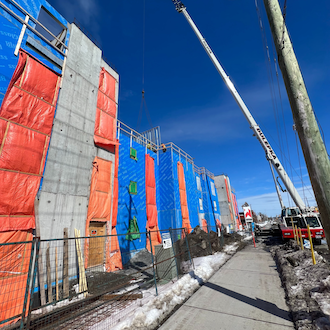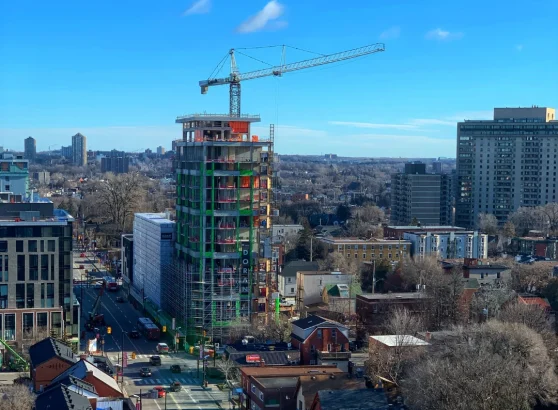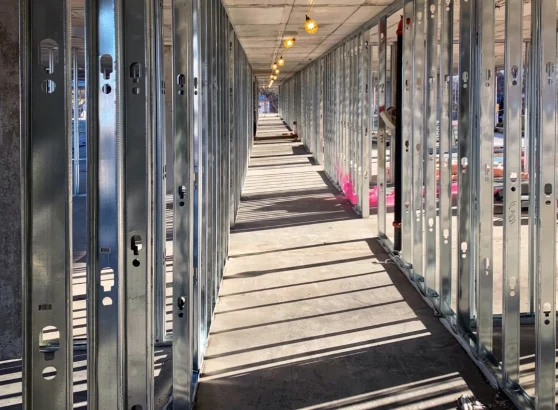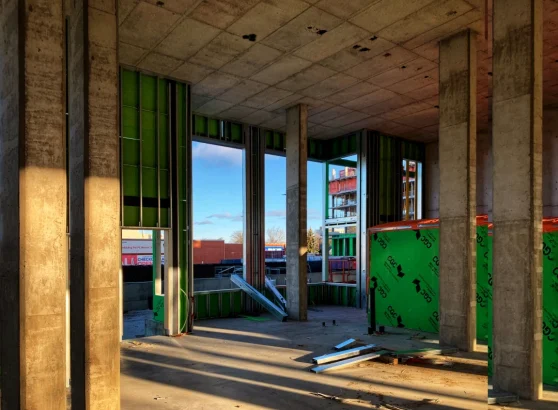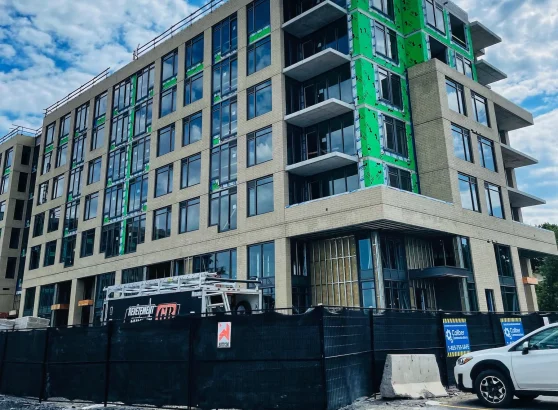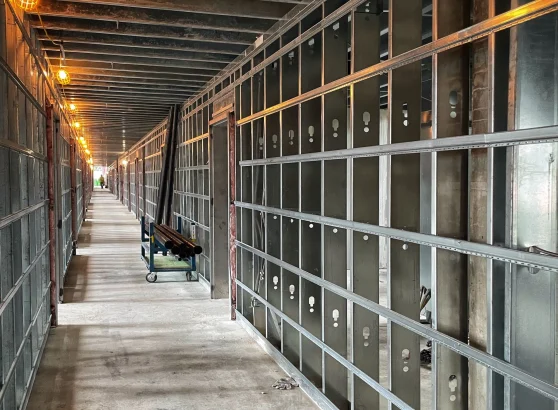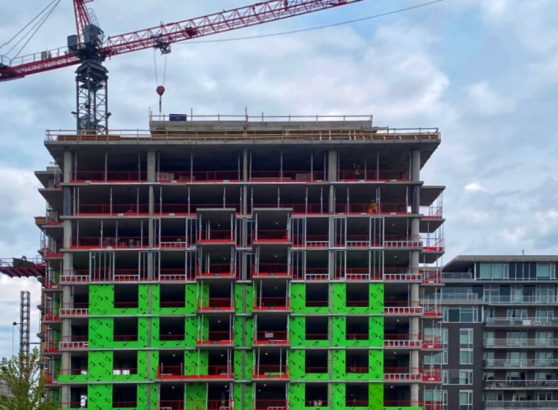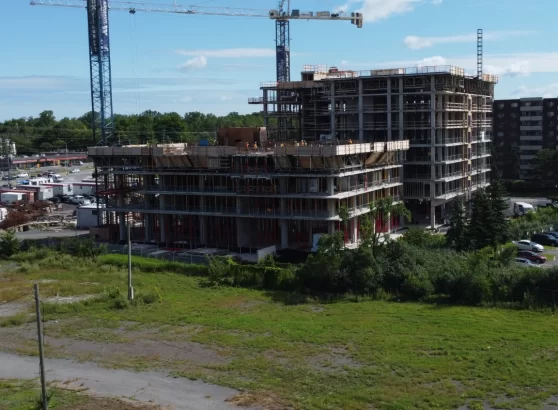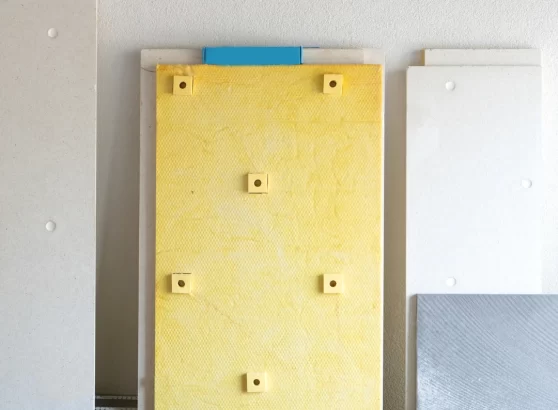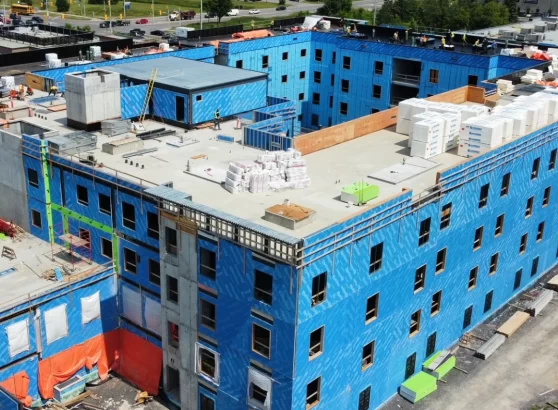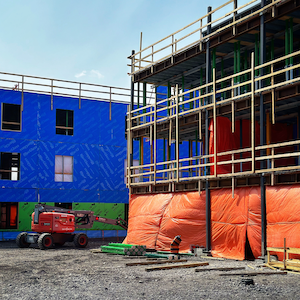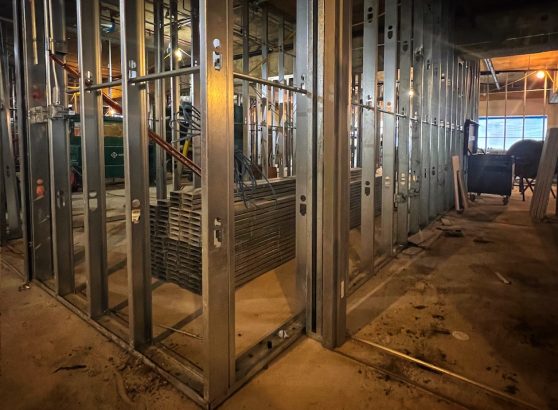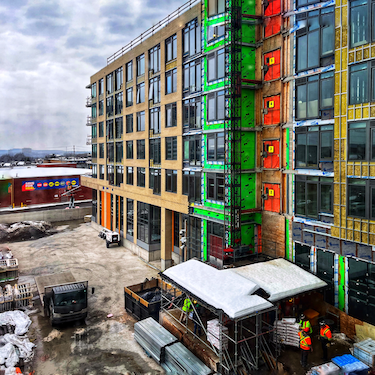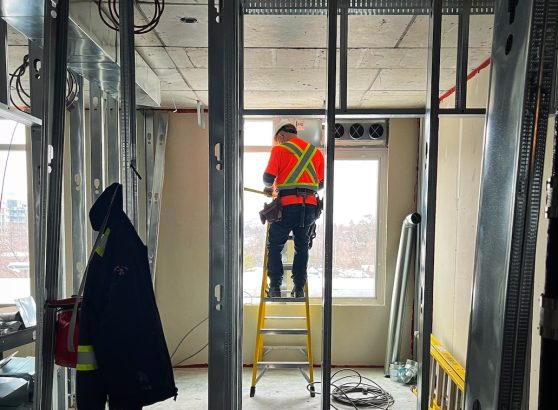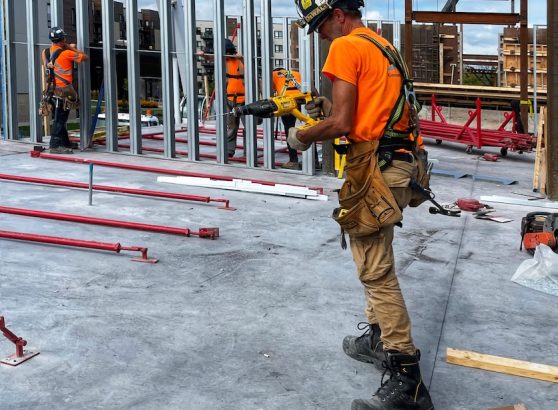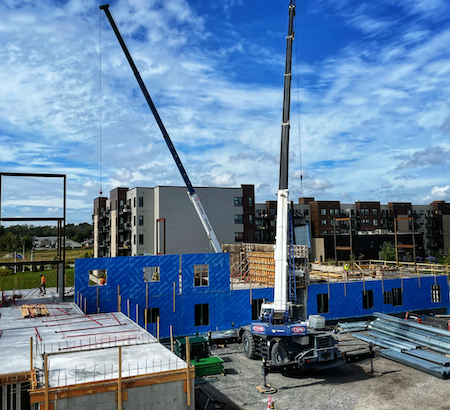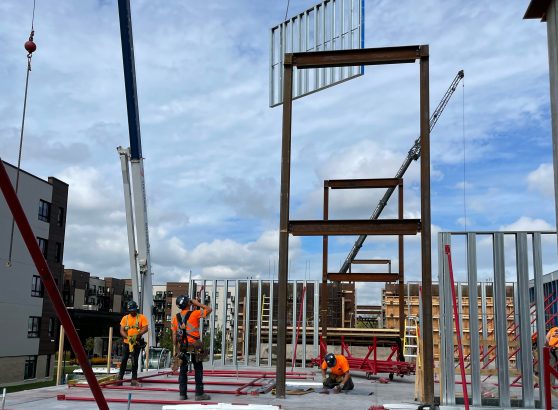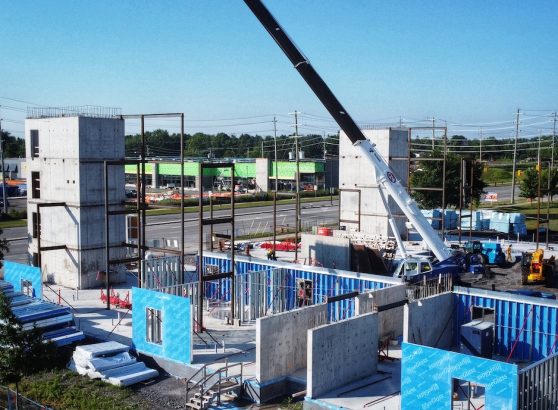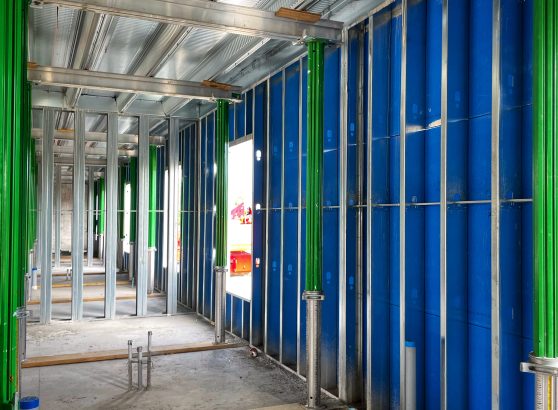The construction industry is one that is constantly evolving, always seeking more efficient, more sustainable, and more cost-effective methods of building. One of the significant changes in recent years is the increasing use of prefabricated wall panels in big projects. From commercial buildings to large residential developments and institutional structures, these panels are transforming the way we construct our built environment.
The Rise of Prefabrication
Prefabrication has its roots in the post-World War II era when there was a need for quick and affordable housing. However, it’s only in recent years that we’ve seen the full potential of this method realized, particularly in large scale projects.
The beauty of prefabricated wall panels lies in their production, which occurs in a controlled, factory-like setting. This environment allows for precision and consistency, reducing the chance of errors that often occur in traditional on-site construction. Once the panels are ready, they’re shipped to the construction site for quick and efficient assembly.
Speed and Efficiency
One of the most significant advantages of prefabricated wall panels is the speed of construction they allow. With traditional building methods, the process can be time-consuming as each component is built piece by piece on-site. However, with the components pre-made and ready to install, construction schedules are drastically reduced.
This efficiency is particularly valuable in big projects, where delays can have significant financial implications. By reducing the construction timeline, prefab panels allow for faster project completion and consequently, quicker returns on investment.
Consistent Quality and Reduced Waste
The controlled environment in which prefabricated wall panels are produced allows for consistent quality. Advanced machinery and technology ensure each panel is made to exact specifications, reducing the potential for on-site errors and rework. This not only enhances the quality of the final structure but also leads to significant waste reduction.
The construction industry is one of the world’s biggest waste producers. By minimizing waste, prefabricated panels are contributing to a more sustainable construction process.
Flexibility and Customization
While the term ‘prefabrication’ might bring to mind a one-size-fits-all approach, the reality is quite the opposite. Prefabricated wall panels offer a high degree of flexibility and can be customized to suit the specific requirements of a project. This adaptability makes them an attractive choice for big projects, where unique architectural elements or design features may be required.
Cost Savings
The efficiencies gained from using prefabricated wall panels aren’t just about time; they also translate into significant cost savings. With faster construction times, labor costs are reduced. The precision of factory production means less waste, which translates into savings on materials. Additionally, the reduced on-site construction time means fewer disruptions to the surrounding area, potentially saving costs related to site management and community relations.
Conclusion
The increasing use of prefabricated wall panels in big projects is a testament to the numerous benefits they offer. Their role in transforming construction is undeniable. By providing speed and efficiency, consistent quality, flexibility, and cost savings, they are changing the way we think about and approach construction.
As we look to the future, it’s clear that prefabrication is set to play an even bigger role in the construction industry. As more and more projects embrace this method, we can expect to see the transformation of our built environment continue, creating buildings that are not only quicker and more cost-effective to construct but also higher in quality and more sustainable.
Contact RGZ Cambridge today for all your prefabricated wall panel needs: We are industry leaders in Commercial and Residential projects. Call us today: 613-695-5544 or reach us via this page.


